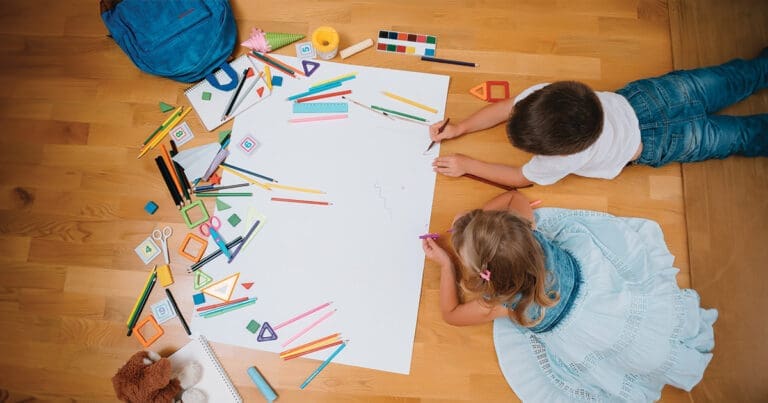“People may hear your words, but they feel your attitude.” —John C. Maxwell
Our moods, attitudes, and overall sense of presence significantly influence the learning experience of our students. When we bring the right combination of attitudes to the classroom, we can create a climate of positivity, possibility, and productivity.
The fact is that the ways in which we choose to engage with and respond to students can have a profound influence on the effort those students are willing to give, the persistence they demonstrate, and the learning they gain. We design the experience, set the stage, and create the environment for learning through the attitudes and emotions we communicate. Let’s explore this phenomenon through six powerful attitudes we can share with our students.
Anticipation
The relationship between what we anticipate and what we and our students experience can be surprisingly strong. We tend to notice what we expect and reinforce what we anticipate. When we expect our students to succeed, we are more likely to nudge, encourage, and reinforce their efforts, and our students are more likely to feel our confidence and respond positively to it. Anticipating the success of our students sets the stage for them to achieve it.
Appreciation
There is much about students to appreciate. We may be quick to notice when students fail to follow our directions or ignore our advice, but we can easily miss the times when they do as we ask, respond to our questions, and comply with our expectations. When students feel appreciated, we remove a key barrier to cooperation, collaboration, and compliance.
Admiration
Every student who enters our classroom has qualities worthy of our esteem and respect. Unfortunately, not every student demonstrates these qualities in obvious ways or in a consistent manner. Yet, many of our students have faced significant challenges and overcome serious setbacks in their lives. We may not be aware of the specific challenges students face or know what they have overcome, but we can admire and celebrate their inherent worth. As we uncover and experience the gifts, qualities, and achievements of our students, we will find even more to respect and admire.
Affection
Students know when we like them. Expressions of warmth, messages of concern, and words of encouragement matter. Students often feel freer to take risks and face challenges when they know that our care for them extends beyond how they perform academically. Our affection for our students can carry them through difficult times and increase their joy when they succeed.
Amusement
There is a saying that if we fail to see humor in our interactions with students, we must not be paying attention. Students say and do unexpected things. They also observe and call out many of the naturally absurd and humorous happenings that otherwise may pass us by. Our receptivity to what is humorous and appreciation of the absurd can lessen tension and stress and make our classroom a more comfortable place for learning and relating.
Amazement
Students also often say and do things that we find awe inspiring. Overcoming an intellectual challenge, pressing through a physical barrier, or moving beyond a significant setback can leave us amazed. We can make a lifelong impression on students when they realize that something they have created or accomplished has inspired us. We can boost confidence, inspire courage, and strengthen resolve when we take the time to share the awe our students inspire in us.
Our attitudes and emotions are powerful forces. They can lift students up and feed their enthusiasm or deflate their spirits and undermine their confidence. Fortunately, using these forces to support students and accelerate learning do not require special skills and extra effort. However, they are the result of choices we make every day.



